Solving the world's problems with computing
Nazerke Turtayeva
MSc/PhD, Electrical and Computer Engineering
University of California Santa Barbara,
United States
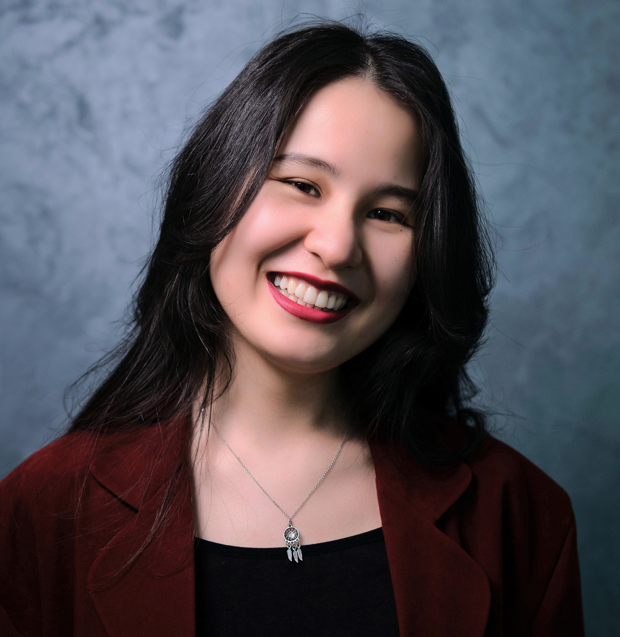
“Thank you for supporting me in one of the important milestones in my life – my PhD journey. I am happy to share with you my educational journey, aspirations as a graduate researcher and student, as well as share the impact of computing research with which I am engaged.
Like most other Electrical and Computer Engineering students, my educational journey started with excitement about physics in high school. I am still grateful
to my math and physics teachers in Kazakhstan who helped us understand the beauty and exactness of math.
During my undergraduate education at Nazarbayev University, I became interested in everything to do with computing, starting from transistors to computer architecture and operating systems. It was intriguing to be able to connect the dots between how applications actually run on a computer, say browsers or Zoom, to the actual movement of electrons down the wires.
To explore the field deeper, I was involved in a VLSI Processor project as an undergraduate researcher, and also participated in the Google Summer of Code program to propose design changes in existing Open Source Processors. Following my general education, I decided to pursue graduate studies in Computer Architecture.”
Impact
“I am currently taking a number of engaging and challenging computing-related courses and getting this deeper understanding of its significance and versatility in unfolding so many issues. As computers are getting more ubiquitous, there are many tasks that can be solved with computer architecture as the fundamental basis. Examples include things like building highly powerful supercomputers to help accelerate climate research, or developing extremely energy-efficient processors for prosthetic devices. One of the solid proofs is a recent resolution of a 50-year grand protein deciphering challenge by Google’s AlpaFold AI project and machine learning tailored engines called Tensor Processing Units. By building extremely robust hardware, it was possible to run the algorithms on a brand new scale and to formulate a response to a long-standing challenge.”
Looking to the future
“The natural question is, what is the next challenge to solve and what will future computers look like? As part of my graduate studies, I would like to answer these questions and narrow down my research interests on building efficient computer systems from a software to a hardware level and test it on critical and impactful tasks.
Also, as one of the few female researchers in the field or in general in everyday engineering classrooms, I hope that I can inspire many female students to embrace computing and contribute to bridging the significant gender gap in the field.”

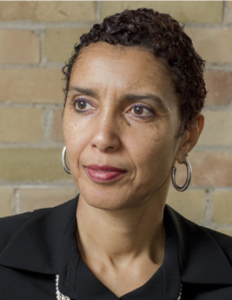
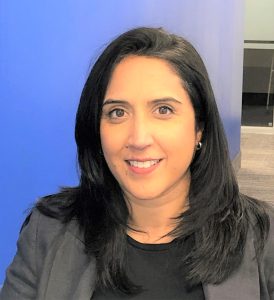
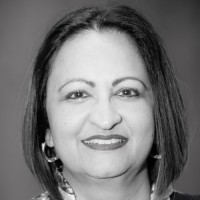
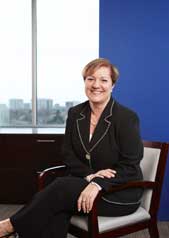
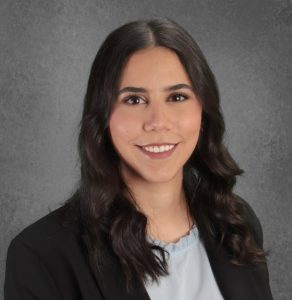
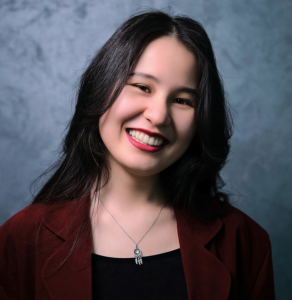
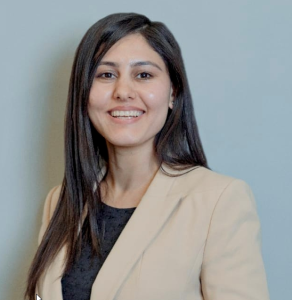
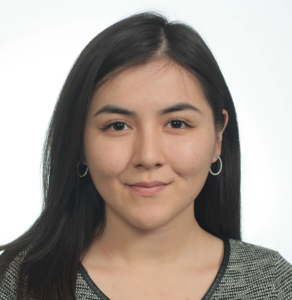
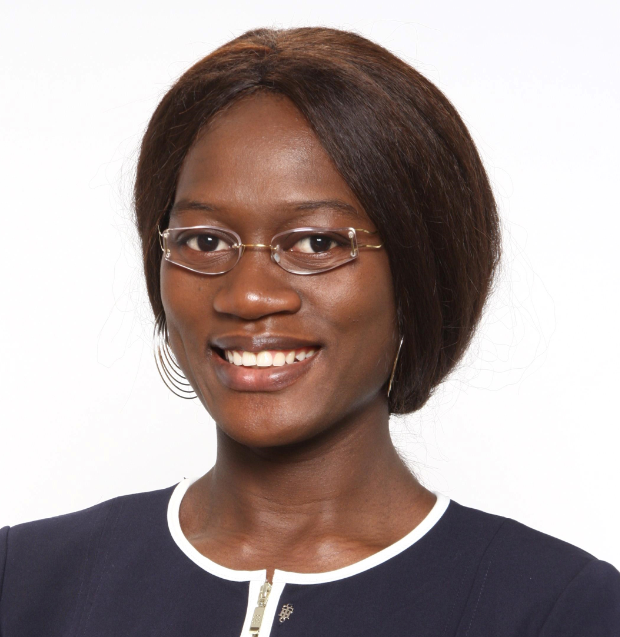

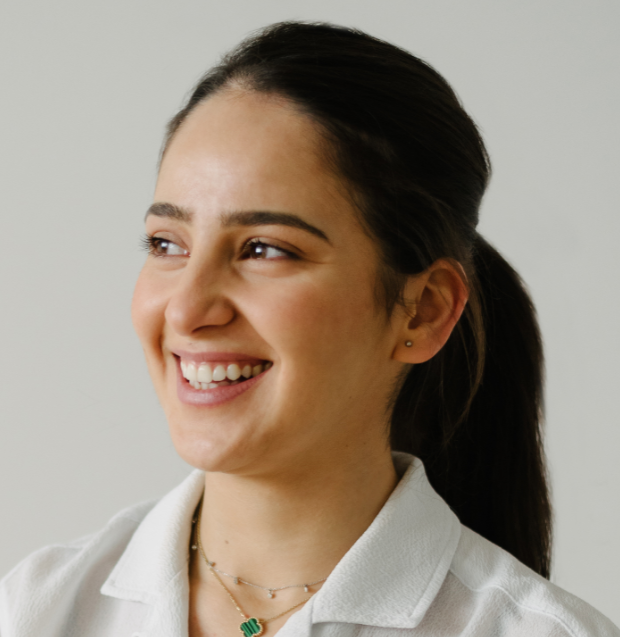
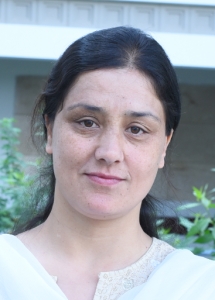
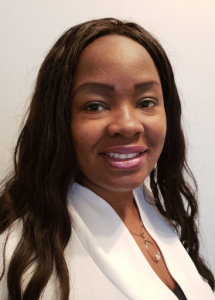
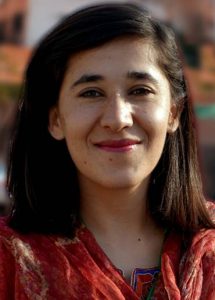
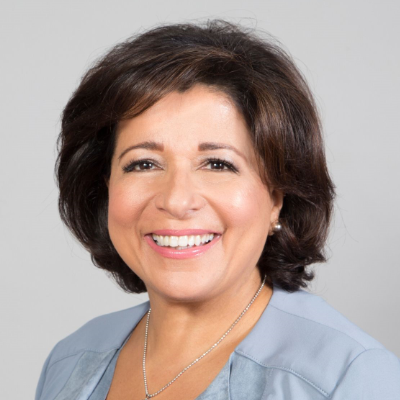
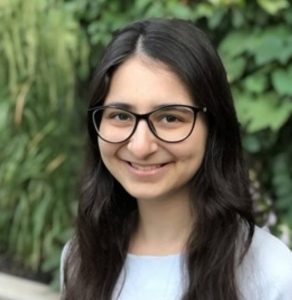

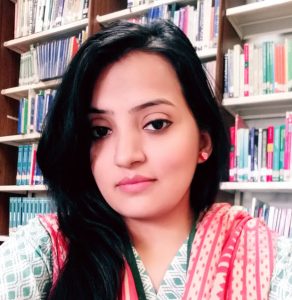
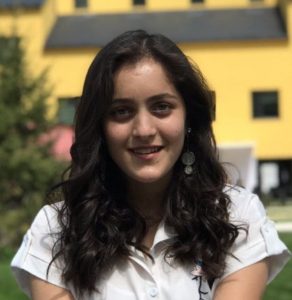
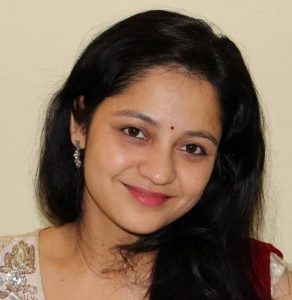
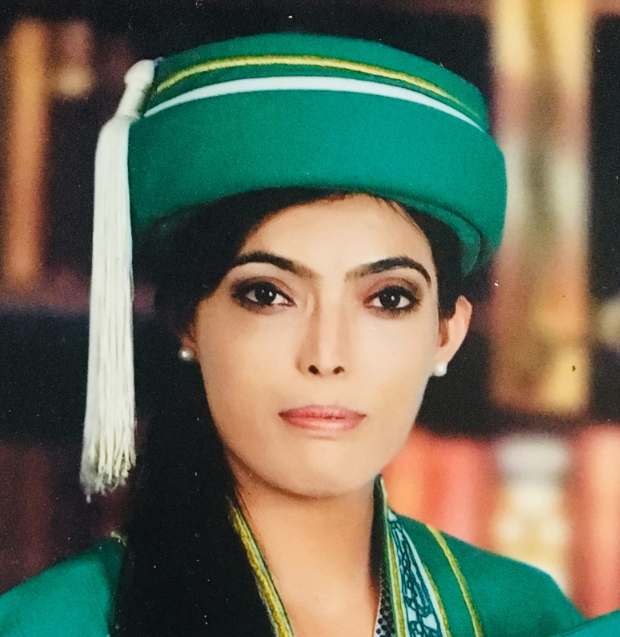
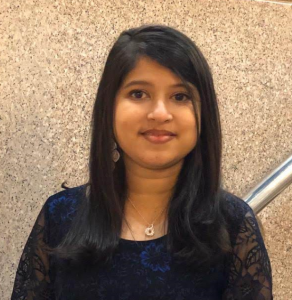
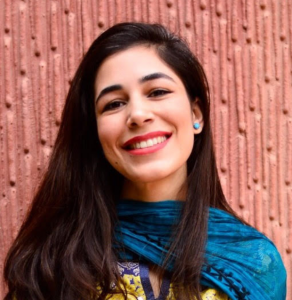 Sajida Raza, from Chitral in the Northern Areas of Pakistan, completed her medical degree in November 2019. Chitral only has hospitals in very few places, so access to quality healthcare can be limited and it is often cut off from the rest of the world for months during winter.
Sajida Raza, from Chitral in the Northern Areas of Pakistan, completed her medical degree in November 2019. Chitral only has hospitals in very few places, so access to quality healthcare can be limited and it is often cut off from the rest of the world for months during winter.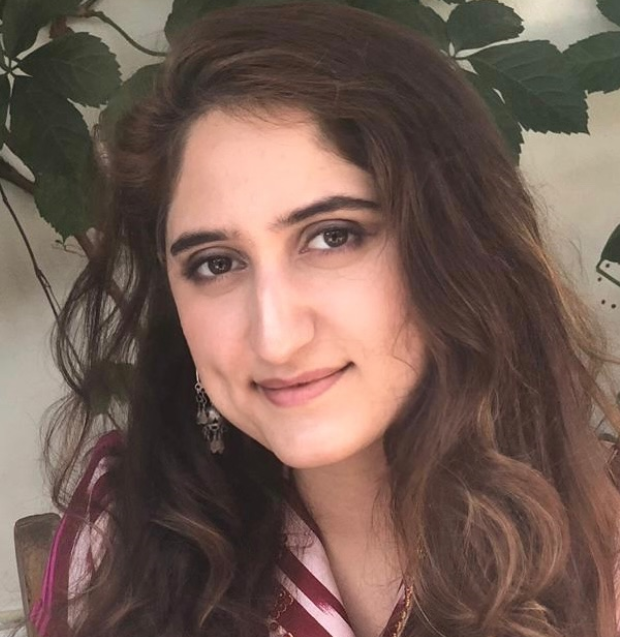
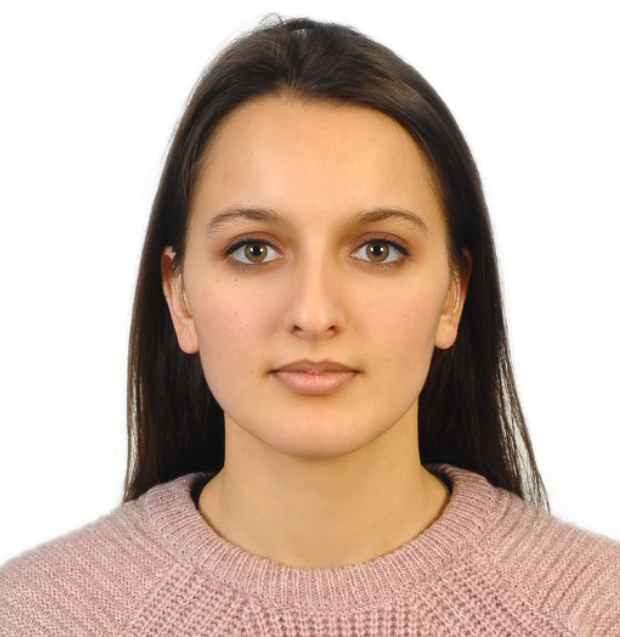
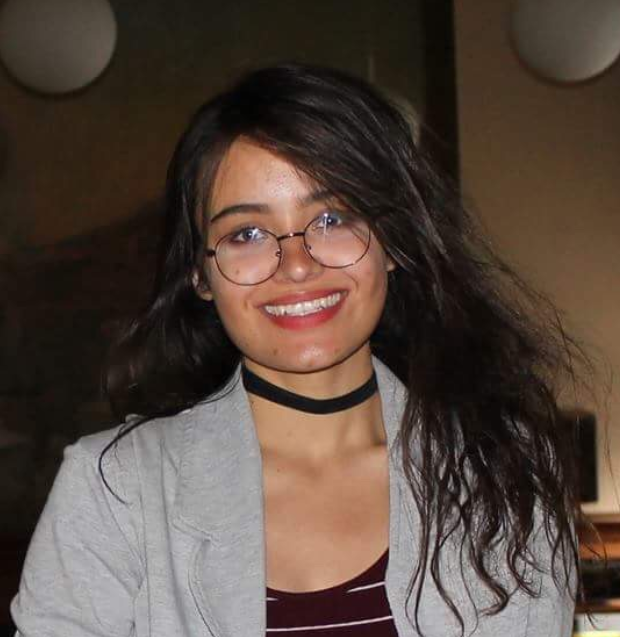
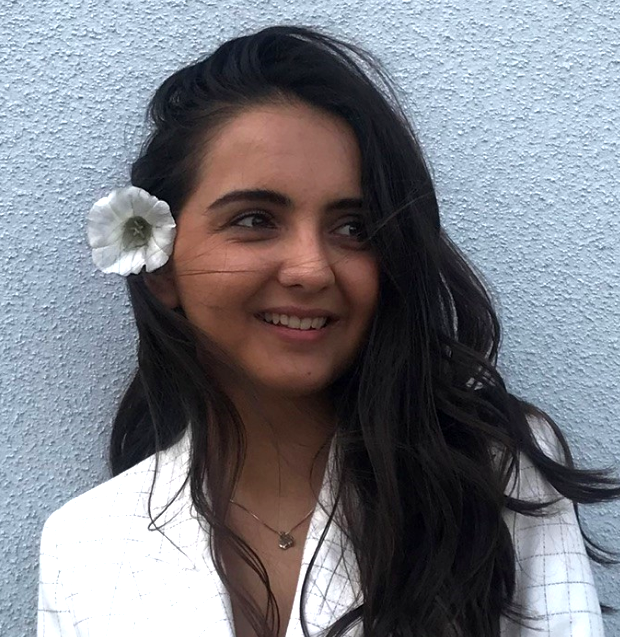


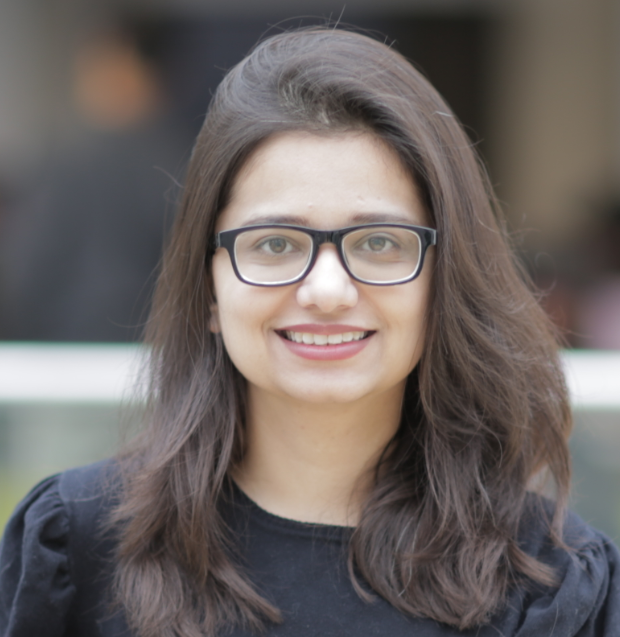
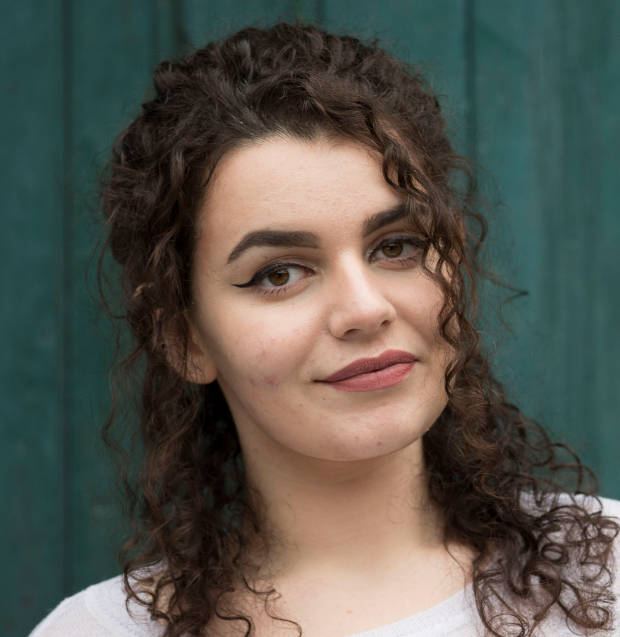
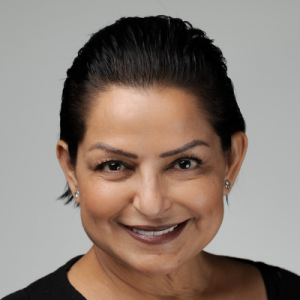
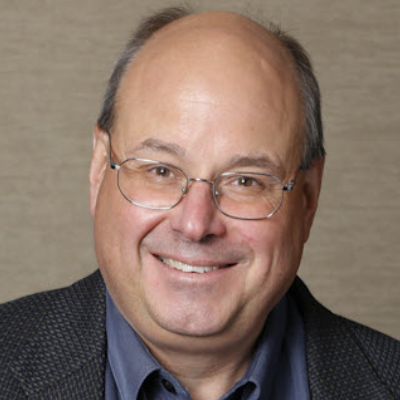 Doug has many years of senior business and financial management experience across a diverse range of industries and size of businesses. During his career, Doug has also worked as a consultant to several start-up companies. Currently, Doug is President & CEO at North American Fur Auctions Inc., a private company with operations in Europe, North America and Asia.
Doug has many years of senior business and financial management experience across a diverse range of industries and size of businesses. During his career, Doug has also worked as a consultant to several start-up companies. Currently, Doug is President & CEO at North American Fur Auctions Inc., a private company with operations in Europe, North America and Asia.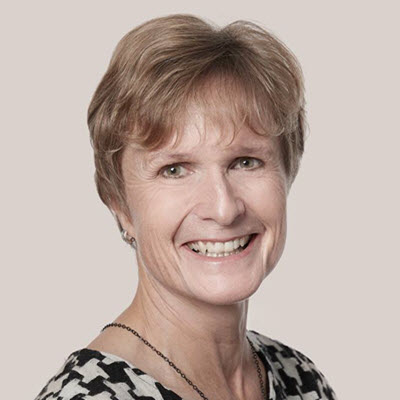 Tanneke is a partner at Fasken Martineau DuMoulin LLP with a focus on natural resource project development in emerging markets. Tanneke is highly regarded for her expertise and experience in the mining industry where she is recognised as a leading legal advisor. Her extensive experience includes advising on all aspects of the development and financing of mining and other natural resource projects in emerging markets, with an emphasis on African markets.
Tanneke is a partner at Fasken Martineau DuMoulin LLP with a focus on natural resource project development in emerging markets. Tanneke is highly regarded for her expertise and experience in the mining industry where she is recognised as a leading legal advisor. Her extensive experience includes advising on all aspects of the development and financing of mining and other natural resource projects in emerging markets, with an emphasis on African markets.